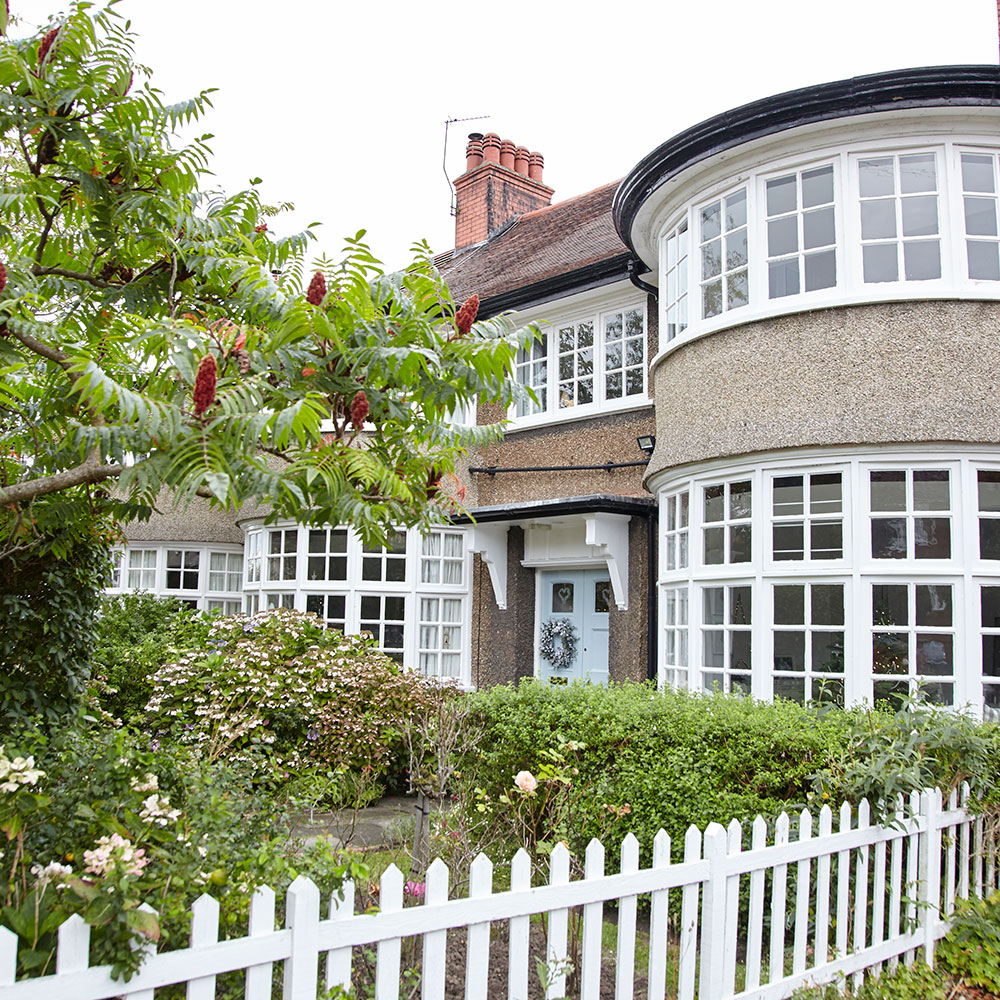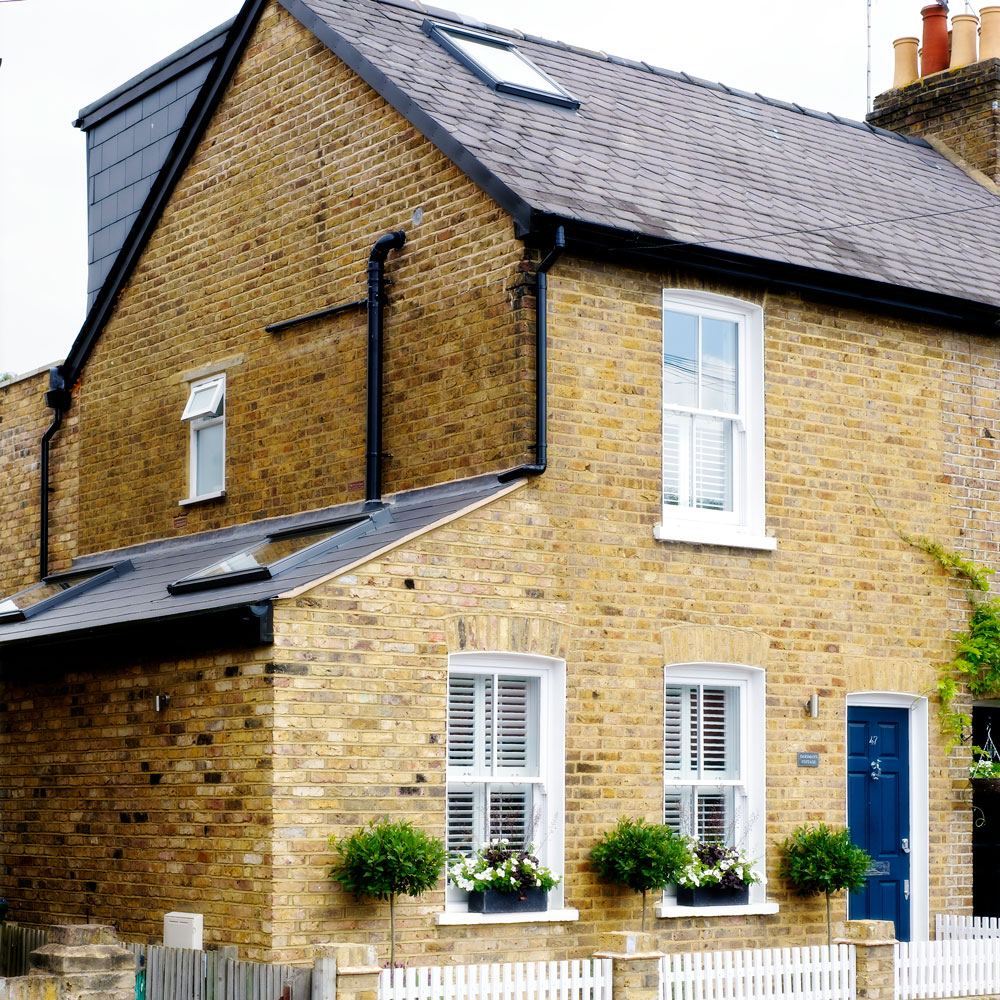Porting your mortgage – transferring your home loan, explained
Here's how to take your homeowner's loan with you when you go
Think you have to wait until your current mortgage deal is finished before you look to move home? Not the case! It's possible to pack up your mortgage and take it with you. This is what is known in the property finance industry as, 'porting your mortgage.'
That way, you get to keep your current mortgage when buying a house, rather than waiting to pay it off or, for your current package, whatever your mortgage rate, to end.
Porting your mortgage, explained

Taking your mortgage with you, from one property to the next, is known as ‘porting’. It can save you money if you’re paying a low rate of interest. Or, if you are tied into a deal, porting your mortgage can leapfrog you out of a hefty early repayment charge, (ERC), if you decide to leave.
How does porting your mortgage work?
A Portable Mortgage seems like an easy, convenient option. However, it may not be such a good idea if you’re currently paying a high rate, or have a small mortgage and are looking to borrow more.
There are some practical hoops to jump through.
'Don’t assume that your port is a done deal,' says Rosie Fish, a mortgage expert at online mortgage broker Habito.
'There’s still a process to go through. You need a new offer letter, your lender will give you another credit check and look at your income. They'll also get a house valuation of the property you want to buy. If your credit rating has changed since your original offer, (for example, if you’ve missed a couple of mortgage payments), it might reduce the chance of getting your port signed off.'
Sign up to our newsletter for style inspiration, real homes, project and garden advice and shopping know-how
Lenders base your borrowing potential on affordability criteria. This includes your income, but also your non-mortgage outgoings. If your household income is now less than when you secured your existing loan, porting your mortgage may not be an option. The same is true if you have higher monthly outgoings; you may not qualify for the same deal.
Does porting your mortgage come with costs and charges?

Doing your sums is key, including any costs incurred with porting. Look at the cost of setting up a new mortgage, with your current lender or a new provider, compared to porting your existing deal.
The good news is lenders do not usually charge a porting fee. However, if you’re making any changes to your mortgage, there can be other costs. Charges vary between lenders.
'If you’re borrowing additional funds and need a top up to your mortgage, there could be fees on the new deal, such as a £995 arrangement fee,' says Karina Hutchins, head of Home by OpenMoney, a money advice service.
Although the mortgage is the same, the house you are buying is not. Therefore, a new house valuation will need to be conducted on the new property. 'Most lenders offer a free valuation on properties under £1 million. Those that don’t, charge around £300,' continues Karina.
'If a lender won’t let you port, it’s usually because you don’t fit with their lending criteria. This means they won’t offer you a new deal. You will then have to pay its early redemption penalty, as you will need to change lender and repay this mortgage early, triggering the penalty.'
By comparison, starting over with a new lender can mean incurring mortgage arrangement fees (also known as product fees), and valuation costs. According to MoneyHelper, the Government money advice website, you can pay anything from nothing to £2,000 with mortgage arrangement fees. Also expect to pay from £250 up to £1,500 for the valuation.
Early repayment charges
If you want to leave a mortgage deal ‘early’, say you’re moving home part way through a fix, and want to start over with a new lender and mortgage deal, you’ll usually pay penalty fees in the form of an Early Redemption Charge, (ERC). An ERC is typically a percentage of the outstanding balance owed. It can run into thousands of pounds, so porting is a way for homeowners to avoid these charges.
With ERCs, 'the rule of thumb is that it’s 1% of your mortgage balance for however long your deal is. So, with a five year fix, you’d pay 5% in the first year, 4% in year four, 3% in year three and so on,' says Karina Hutchins. Based on a £150,000 mortgage, leaving during year three, means you’re looking at a fee of £4,500, which isn’t small change; hence Porting can save you money.
If you’ve got a smaller loan and nearing the end of a deal when you move, any early repayment fees can be relatively minimal. For example, £500 if you’ve got one year left and £50,000 outstanding.
Even if there’s no ERC to pay, if you leave your current lender, it's worth knowing most charge an ‘exit fee’ to officially close down your mortgage account. This can range from around £50 - £300, which should also be factored into your sums when working out if Porting can save you money and is the right decision for you.
Porting when borrowing more

If you’re moving up the property ladder and want to borrow more, it’s up to your lender whether it will offer you the same deal on a bigger loan.
Most fixed or tracker deals come with a maximum ‘loan to value’ (LTV). LTV is the maximum percentage of the purchase price they’ll lend. This means if you port, your lender may offer a top up mortgage to cover the additional borrowing. This can be separate from your existing deal.
In this case, even if your lender agrees to porting, you may be charged a different, (and probably higher), interest rate, or even the lender’s standard variable rate, on the extra chunk of cash borrowed.
Porting when downsizing
This can be a chance to repay a chunk of cash to your lender and reduce your mortgage loan. Depending on the terms of your mortgage contract, doing this can incur early repayment charges.
Most lenders typically allow you to overpay by 10% of the outstanding balance each year, penalty free. But if you go beyond this limit, you can be clobbered with fees.
Once again, it is vital to factor this into your sums when working out if porting is your best option.
How to make a start porting your mortgage

Contact your lender before going house hunting to check their rules on porting, along with any costs.
Check your credit report, in case anything shows up that’s wrong and can be rectified, before you risk being turned down for porting or even a new loan. Then shop around to see what other mortgage deals are available.
Getting advice
It's worth using the services of a specialist mortgage broker to check out your options. Trussle, Habito, or London & Country, all offer fee free advice.
Always check whether an adviser is authorised and regulated by the Financial Conduct Authority. You can check their credentials on the Financial Services Register on the FCA website.